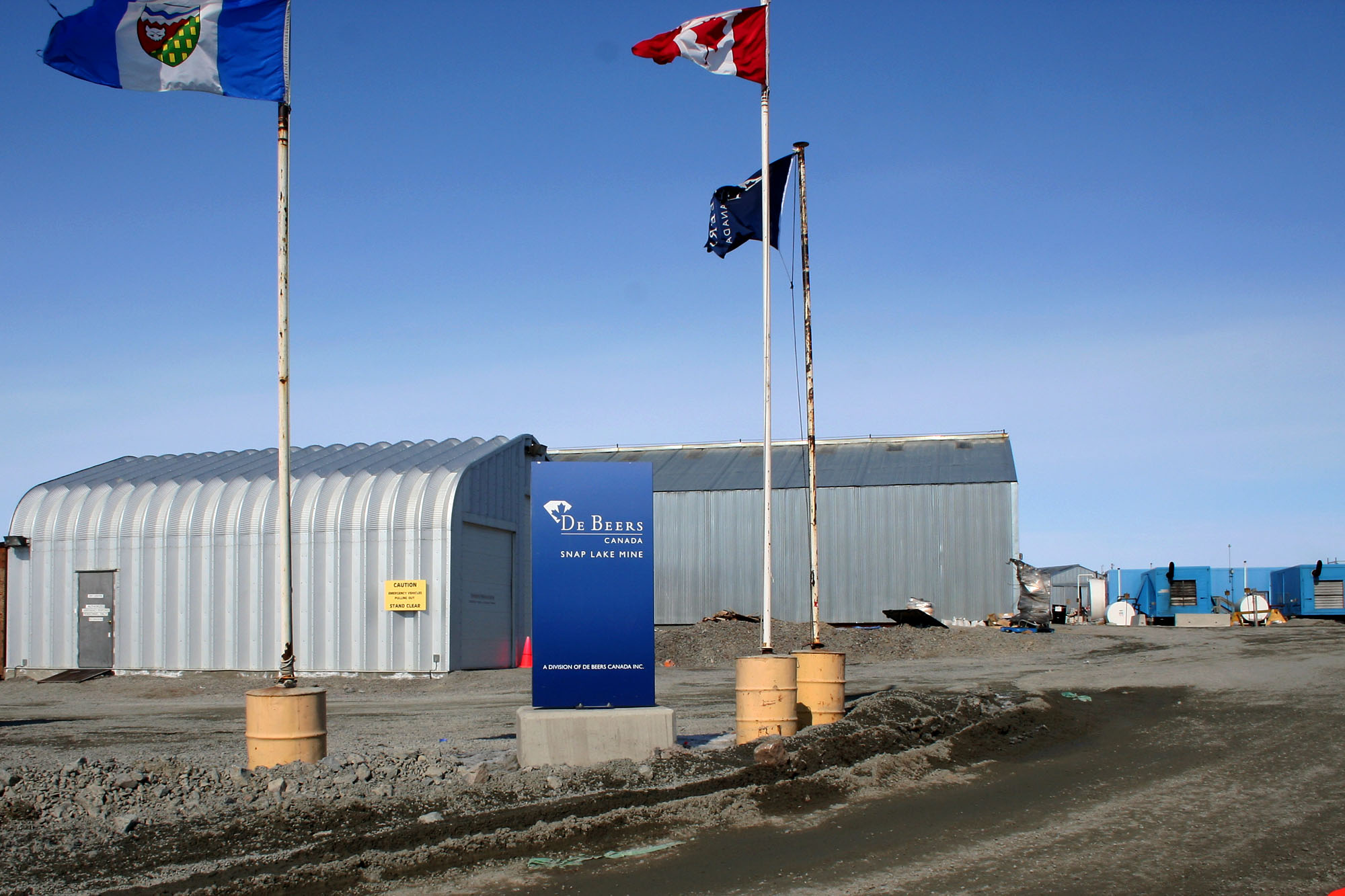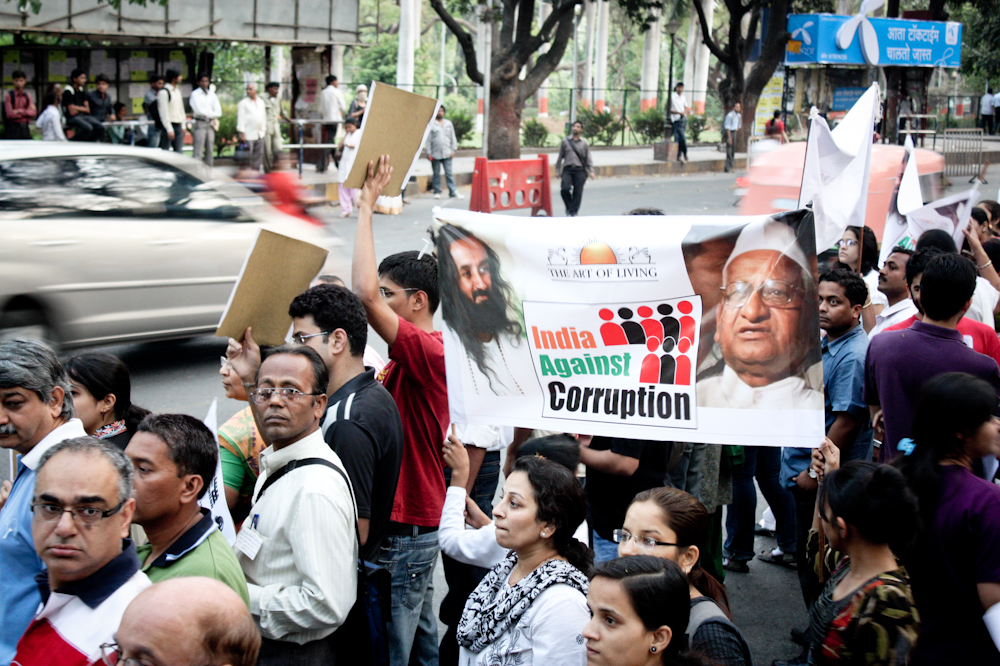2015 is an important year for the international community and gender equality. 2015 is the deadline to meet targets established under the UN Millennium goals. One target is to promote gender equality through equal access to education. 2015 also marks 20 years since the Beijing Conference, where many states committed to improving the position of women by addressing key areas like economic inequality. While there has been considerable progress to improve women’s legal rights, the latest UN Women report, Progress of the World’s Women 2015-2016: Transforming Economies, Realizing Rights, highlights more work remains to realize gender equality, as many women remain trapped in unpaid work and low quality jobs.
The report makes a key distinction between formal and substantive equality. While formal equality is demonstrated through the adaptation of specific legislation concerning gender equality, substantive equality is achieved when factors disadvantaging specific groups, in this case women, have been addressed. While laws establishing equality are important, “making women’s rights real requires more than legal reform.” Attaining substantive equality is at the core of this report. To achieve substantive equality states must provide address key factors disadvantaging women: socio-economic disparity, discrimination and violence, and improve female agency and participation. Phumzile Mlamo-Ngcuka, Under-Secretary-General and Executive Director of UN Women remarked that, “(while) there is an illusion of progress…the rhetoric around gender equality just isn’t supported by the data.”
Following the Fourth World Conference on Women in Beijing (1995), there has been increased access to education, employment and leadership positions for women, but these initiatives have not realized complete equality. Only half of women considered to be working-age have entered the labour force in comparison to three quarters of their male counterparts. Global income inequality is also widely apparent, evident in the 24% wage gap between men and women. Achieving substantive equality requires the removal of barriers, such as the wage gap, to realize gender equality.
UN Women describes what it perceives as an economy working in favour of women. It is an economy that ensures equal economic opportunities and provides equal participation in domestic, national and international economic discourses and decision-making processes. It does not limit women by reinforcing social stigma and stereotypes. By applying a human rights framework to economic policymaking, the report offers a new approach to achieve gender equality in the economy. However, how pragmatic are the policy recommendations proposed by the report? What contributions can they make to the post-2015 agenda? This will be discussed in the second part of this series.
Please find the link to Part Two of this series here.





